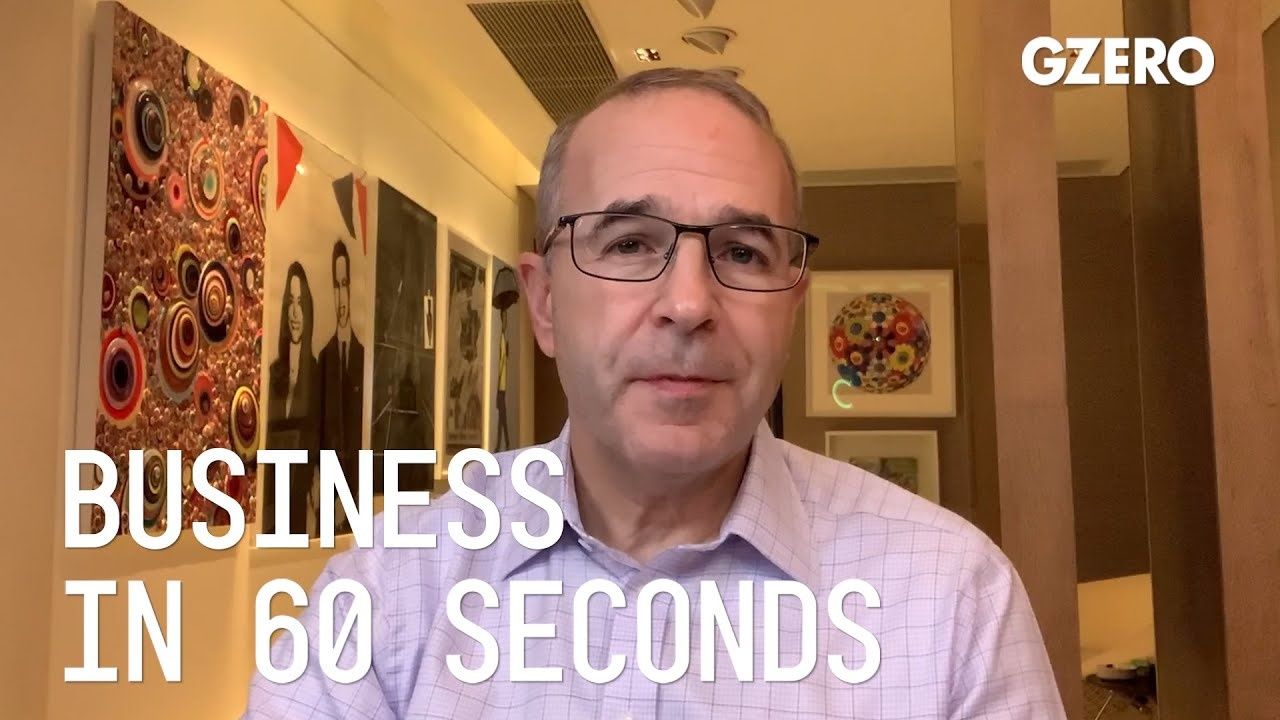
Kevin Sneader, global managing partner for McKinsey & Company, provides perspective on how corporate business leaders think in response to the global coronavirus crisis:
What are the implications for business of the deficits resulting from governments stepping in to save the economies around the world in the wake of the COVID-19 crisis?
Over the last three months, the ramp up of relief and stimulus spending has occurred just as tax revenues have stopped. Indeed, government deficits could reach around $10 trillion this year and as much as $30 trillion by 2023. There's a real risk of a debt crisis that could compound the already existing economic crisis.
The challenge, therefore, is how to manage these deficits while addressing inequality and driving for sustainable and inclusive growth. Printing money at scale could prompt a rise in inflation. A big rise in taxation could hamper innovation and growth. So, the answer is two parts. On the one hand, manage the entire balance sheet of government. Take a hard look at assets such as land and property in order to strengthen fiscal sustainability and support broad based economic recovery. And on the other hand, work in partnership with the private sector to prepare workforces for a technology driven future and to improve long term competitiveness and resilience. In short, the message is clear. It's avoid the risk and the temptation to tax and print and instead seek to balance and partner.